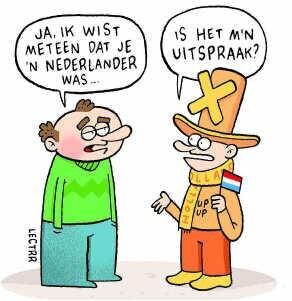Dutch or Flemish?
I am a Flemish translator but I translate into Dutch. This one short sentence can lead to so much confusion. I mean… Flemish is a whole different language, is it not?
To answer this question, we need to make the distinction between spoken and written language.

Spoken language
In spoken language there are considerable differences between Flemish and Dutch. They are similar to the differences between British and American English. That is also the reason that dubbed DVD’s usually contain both a Dutch and a Flemish version.
However, this refers to spoken language. Translation is a whole different ball game and has nothing to do with spoken language.
Written language
Exception
There are, of course, exceptions: for example when you have a text filled with cultural references or when the reader is addressed in a very informal way. In this case you need a local translator. And in this case, it is very hard to produce a text that can be used in both countries. However, these types of texts make up only a small portion of all translations into Dutch.
Recently, a customer asked me to translate a Dutch text into Flemish. He thought this would require a lot of work. When I read the text, it quickly turned out that not much had to be changed to adapt it to a Flemish audience. Apart from a few things, the text could be perfectly used in Flanders and nobody would notice it had been written by a Dutch person. However, I did have to write Dutch words where the writer had used English or French!

